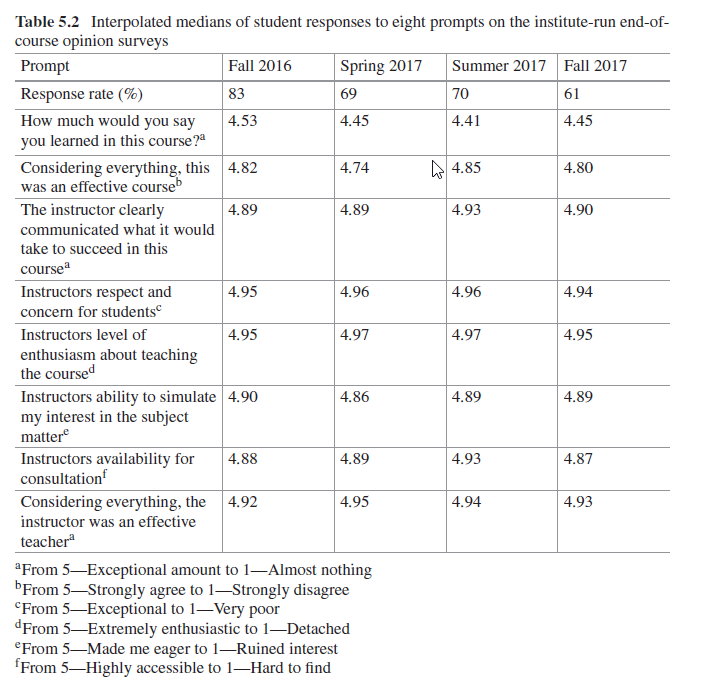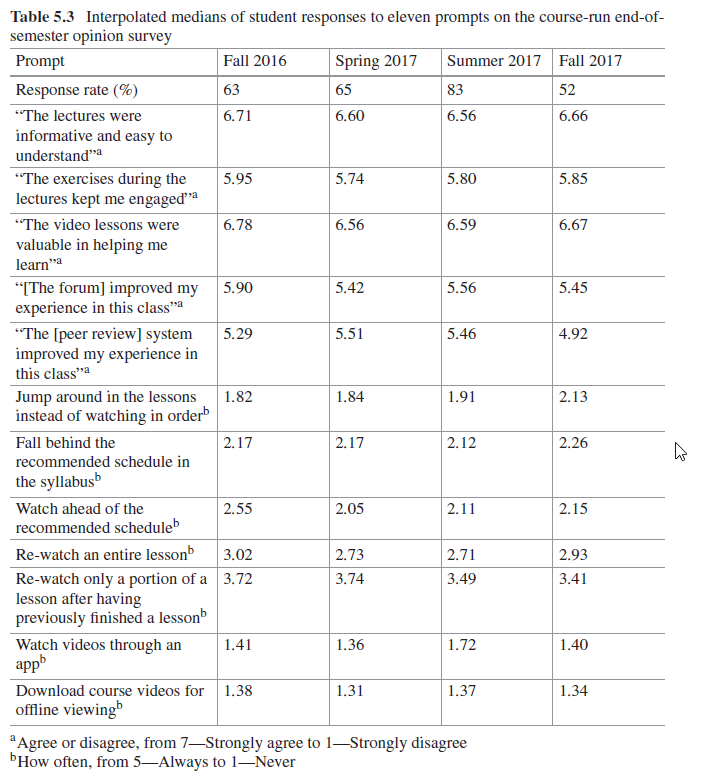Public notes for CS6750 - HCI Spring 2022 at Georgia Tech
Public webpage for sharing information about Dr. Joyner's CS6750 - Human Computer Interaction course in Spring 2022.
Week 13: Best of Georgia Tech HCI
Distributed cognition as a theoretical framework for information visualization
- Notes Source
- Liu, Z., Nersessian, N., & Stasko, J. (2008). Distributed cognition as a theoretical framework for information visualization. IEEE Transactions on Visualization and Computer Graphics, 14(6). (pp. 1173-1180).
Topic: authors argue that cognition is more of a property of interaction than a property of the human mind and that reductionist approaches to examine human minds are not as informative for information visualization design.
InfoVis: the use of computer-supported, interactive, visual representations of abstract data to amplify cognition
Important dimensions: representation, interaction (both well studied), and cognition (less studied)
Distributed cognition:
tools amplify cognition
fundamental assumption is that cognition is information processing inside the brain
research is primarily based on a framework that models human information processing as a three-stage perception-cognition-action process
Hutchins argues memory isn’t amplified instead we use a different set of cognitive skills
It’s a mistake to isolate a human from the environment while looking for cognitive properties.
The aware home: A living laboratory for ubiquitous computing research
- Notes Source
- Kidd, C., Orr, R., Abowd, G., Atkeson, C., Essa, I., MacIntyre, B., Mynatt, E., Starner, T. & Newstetter, W. (1999). The aware home: A living laboratory for ubiquitous computing research. In N. Streitz, S. Konomi, & H. Burkhardt (Eds.) Cooperative Buildings: Integrating Information, Organizations, and Architecture (pp. 191-198).
Topic: ubiquitous computing at home using HCI principles.
Characterizing Homelessness Discourse on Social Media
- Hu, A., Chancellor, S., & De Choudhury, M. (2019). Characterizing Homelessness Discourse on Social Media. In Extended Abstracts of the 2019 CHI Conference on Human Factors in Computing Systems (pp. 1-6).
Spaces and Traces: Implications of Smart Technology in Public Housing
- Notes Source
- Kozubaev, S., Rochaix, F., DiSalvo, C., & Le Dantec, C. (2019). Spaces and Traces: Implications of Smart Technology in Public Housing. In Proceedings of the 2019 CHI Conference on Human Factors in Computing Systems. ACM.
Topic: investigating smart home technologies in the context of public housing as well as complex issues which arise (e.g., privacy and autonomy).
Understanding Law Enforcement Strategies and Needs for Combating Human Trafficking
- Notes Source
- Deeb-Swihart, J., Endert, A., & Bruckman, A. (2019). Understanding Law Enforcement Strategies and Needs for Combating Human Trafficking. In Proceedings of the 2019 CHI Conference on Human Factors in Computing Systems. ACM.
Topic: interviewing officers who are combating human trafficking to understand how data can help. Author highlights key areas where HCI could help to improve:
- Visualization of geospatial data
- Usable security and privacy for unified databases
- Archaic information systems used by law enforcement
Serpentine: A Self-Powered Reversibly Deformable Cord Sensor for Human Input
- Notes Source
- Shahmiri, F., Chen, C., Waghmare, A., Zhang, D., Mittal, S., Zhang, S., Wang, Y., Wang, Z., Starner, T., & Abowd, G. (2019). Serpentine: A Self-Powered Reversibly Deformable Cord Sensor for Human Input. In Proceedings of the 2019 CHI Conference on Human Factors in Computing Systems. ACM.
Topic: self-powered sensor that can sense a variety of human input. Successful test results (97.7%) accuracy suggests that this sensor facilitate ubiquitous computing applications.
The Parenting Actor-Network of Latino Immigrants in the United States
- Notes Source
- Wong-Villacres, M., Kumar, N., & DiSalvo, B. (2019). The Parenting Actor-Network of Latino Immigrants in the United States. In Proceedings of the 2019 CHI Conference on Human Factors in Computing Systems. ACM.
Topic: HCI (via Actor-Network Theory or ANT) to support parenting initiatives, particularly in education.
The CHI of Teaching Online: Blurring the Lines Between User Interfaces and Learner Interfaces
- Notes Source
- Joyner, D. (2019). The CHI of Teaching Online: Blurring the Lines Between User Interfaces and Learner Interfaces. In E. Kapros & M. Koutsombogera (Eds.) Designing for the User Experience in Learning Systems, Human-Computer Interaction Series. Springer.
Topic: the intersection of interface design and learning design.
- learning technology is affected by UI design
- UI is now
- at center of student and teacher experience
- instead of complementary
- at center of student and teacher experience
- classroom is a UI
- Synch vs async learning envs.
- Specify student (user) activities/actions when appropriate
- Similar: valued in UI design and learning design
- rapid feedback
-
Different:
- learning could suffer if UI design is prioritized
- Two design paradigms support
- immediate interaction
- long-term learning gains

-
Case study on a grad class at major public University (OMSCS?)
- MOOC-based (Online Master of Science in Computer Science)
- Focus on high-level design
- transfer of principles of HCI into realm of learning design
- as much as online can
- Four design principles
- flexibility
- geographic
- temporal
- preference
- equity
- through flexibility (more students can enter program)
- through admissions (more capacity, less competition)
- through anonyminity (less identity, gender, race discrimination)
- consistency
- assignment cadence (each week assignments due)
- announcement cadence (bi-weekly threads (monday, friday) replicates teacher walking in on monday morning)
- administrative decisions (smallest unit of time is 1 week, no in-between week deadlines except for peer review; anywhere on earth time)
- distributed cognition
- offloading through announcements (splits up student cognitive load into smaller threads and chunks; converts the online “pull” system into an in-person “push” event system)
- offloading through documentation (student to student forum posts; rely on documentation and students to argue about it amongst themselves (RTFM))
- offloading through assessment design (open-book tests designed for rapid question solving; encourage note organization)
- flexibility
- Other principles
- Structure (pre-recorded videos afford visible structure; students can consume content around the actual structure of the content)
- Perceptability (students can see their current grades for immediate perceptibility of the state of their status in the class)
- Tolerance (Two-hour grace window for assignments for admin and student mistakes; grade for navigating submission ui or time zone conversion error)
- Feedback
- scale of course dictates heavy organization; Assembly line approach for assignments and grading workflows; Batch processing.
- Incentives for rapid peer feedback
- 58% peer reviews submitted within 3 days; 69% within one week.
- transfer of principles of HCI into realm of learning design


- Course Evaluation (surveys)
- online students have higher standards than in-class counterparts
- Survey types
- Institutional (institute makes questions; apply to all courses)
- Course (class-specific questions)